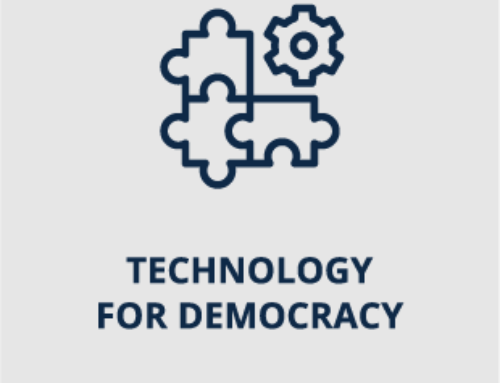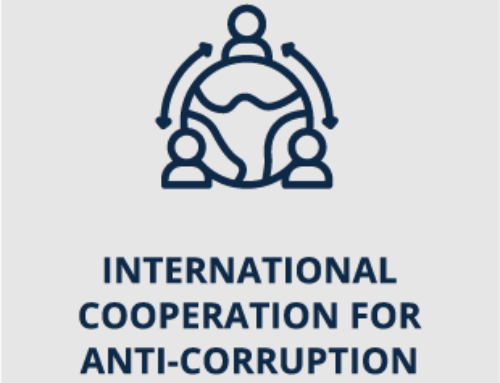The Election Commission of India as a co-lead of the Electoral Integrity Cohort organized a two-day International Conference on 23-24 January 2023 in New Delhi on the theme ‘Use of Technology and Elections Integrity’. The other Co-Leads of Cohort are election authority of Greece; Electoral Commission of Mauritius and International Foundation for Electoral Systems (IFES). This conference was the second in a series of three conferences organized by the Cohort. Over 40 Participants from 16 Countries/EMBs including Angola, Armenia, Argentina, Australia, Chile, Croatia, Fi, Georgia, Indonesia, Kiribati, Mauritius, Nepal, Paraguay, Peru, Philippines and Suriname and 6 participants from international organizations including IFES and International IDEA, participated in the Conference besides representatives from eight foreign missions located at New Delhi (i.e. Costa Rica, Philippines, Serbia, Cape Verde, Palau, Jamaica, Ghana and Paraguay). Here’s a glimpse of the type of discussions in the conference:
- India’s Chief Election Commissioner Mr. Rajiv Kumar emphasized that engagement of technology has become vital in ensuring inclusivity and transparency in elections and thus in further building up trust towards the democratic electoral exercise. The success of any election authority depends on deploying appropriate technology in three broad areas – ease of registration for voters, facilitating political parties & candidates and thirdly for election management and logistics/security.
- In his presentation titled ‘The Present and Future of Elections and Disinformation’, Matt Bailey, Senior Global Adviser for Cyber Security, IFES mentioned that Disinformation erodes trust but it is also evolving. It is ”polyvalent” in its aims and flexible in its tactics and rapidly evolving. Disinformation about election cybersecurity can play on public lack of understanding of the technology. Cyberattacks are increasingly used to provide a foundation for later disinformation claims. Measures to secure Cybersecurity and Information Integrity Operations include creation of standing security operations and incident response capacities; Proactive coordination with internet, telecoms, and tech industry on threat intelligence and response; independent real time awareness capacity and independence from government, industry, and vendors. He suggested EMBs should have Proactive Approaches for Strategic Communication and Voter Education; Crisis Communication Planning; Threat Modeling and Industry and Civil Society Engagement.
- H.E. Ms. Betty Epsilon Idroos, Commissioner, KPU of Indonesia spoke about ‘Technology as an Enabler and Challenges of Digital Space’. She discussed the electoral process in Indonesia and the progress of digitization of the election process. She gave a roadmap followed by Indonesia including Digital Transformation Acceleration in the country for the upcoming 2024 election. She provided information on various IT systems used by KPU in the electoral process.




